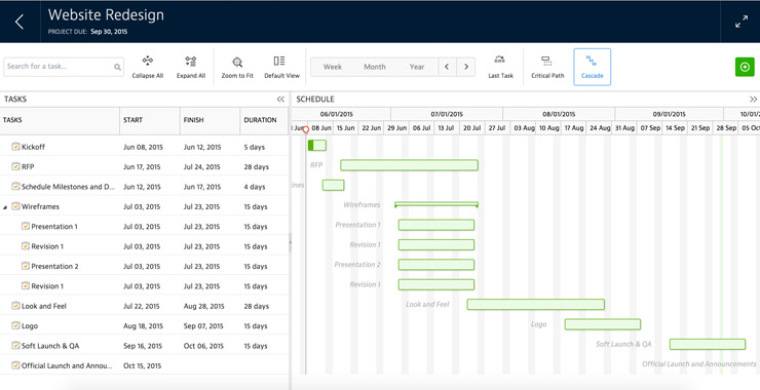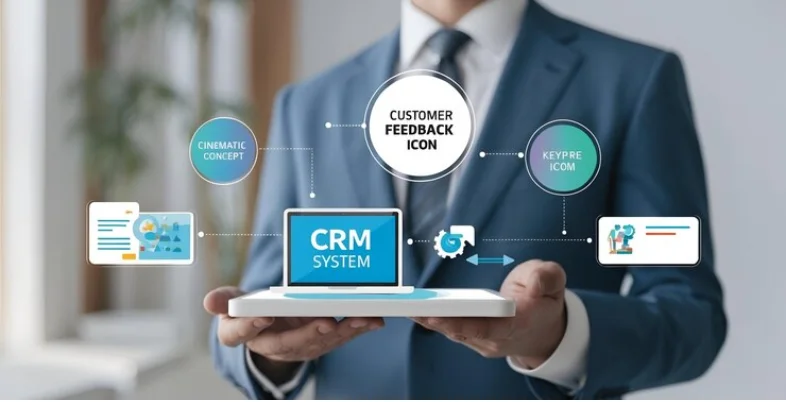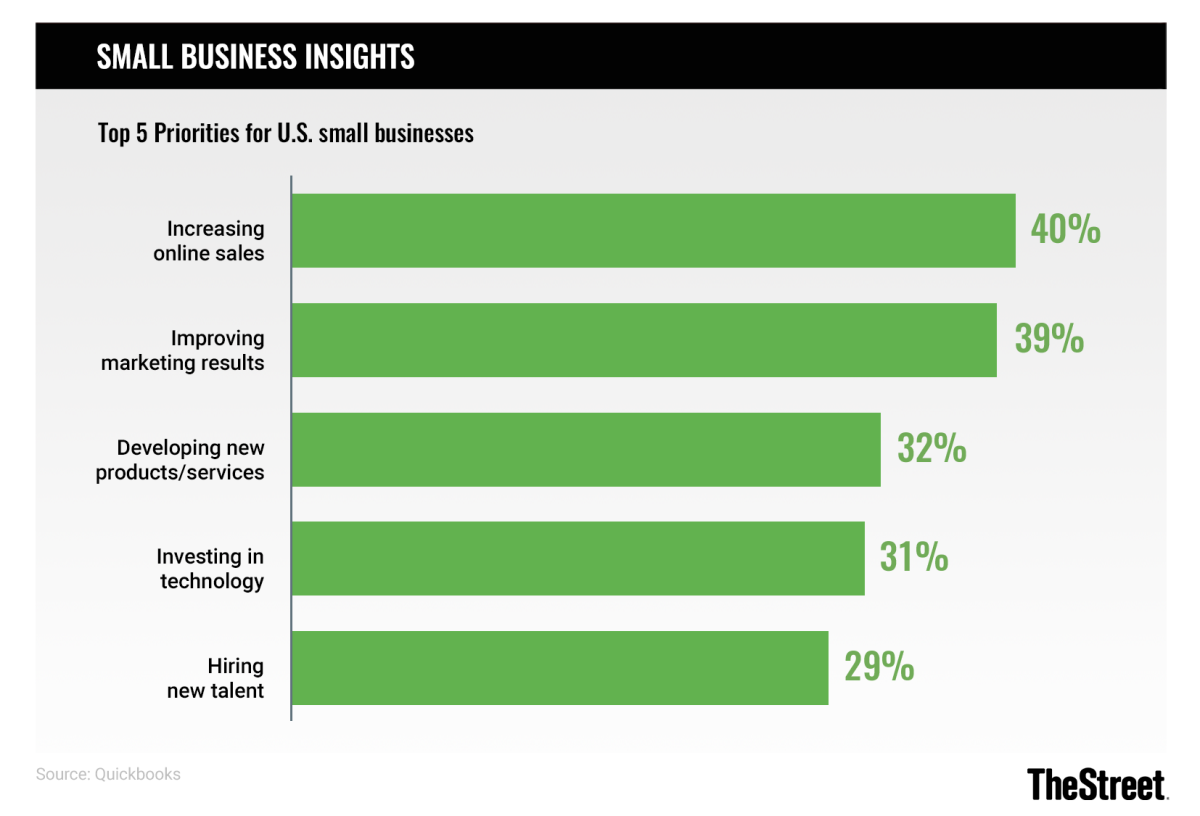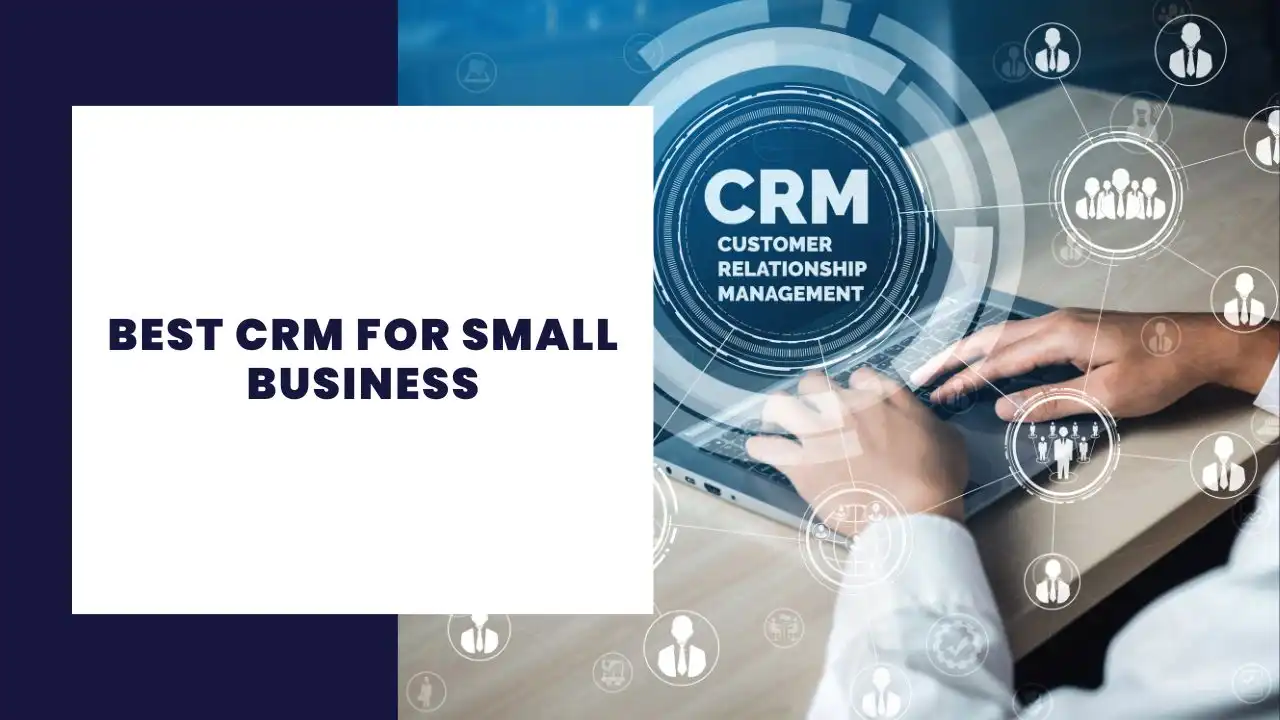Fortifying Your Fortress: CRM Security Strategies for Small Businesses
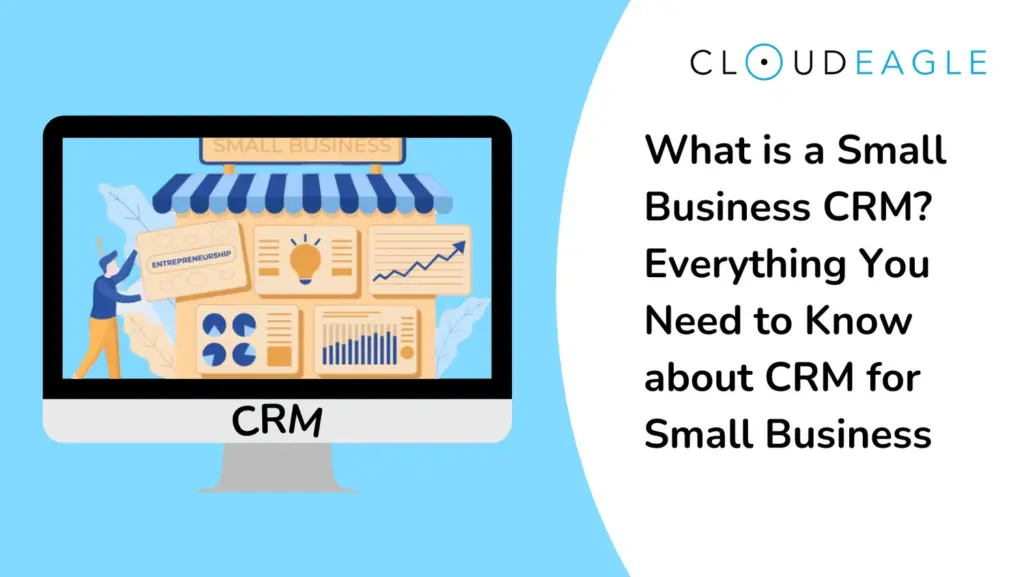
In the dynamic realm of small business, the ability to connect with customers, manage leads, and streamline operations is paramount. A Customer Relationship Management (CRM) system has become an indispensable tool for achieving these goals. However, as small businesses increasingly rely on CRM for storing sensitive customer data, the importance of robust security measures cannot be overstated. This article delves into the critical aspects of CRM security for small businesses, providing a comprehensive guide to protect valuable data, build customer trust, and ensure long-term success.
Understanding the Landscape: CRM and the Security Imperative
Before diving into specific strategies, it’s crucial to grasp the context. A CRM system acts as the central nervous system for customer interactions. It houses a wealth of information, including contact details, purchase history, communication records, and potentially even financial data. This data, if compromised, can lead to significant repercussions, including:
- Financial Loss: Data breaches can result in fraudulent transactions, theft of funds, and costly legal battles.
- Reputational Damage: A security incident can shatter customer trust, leading to negative publicity and a decline in brand loyalty.
- Legal and Regulatory Penalties: Failure to protect customer data can result in hefty fines and legal action, especially under regulations like GDPR and CCPA.
- Operational Disruption: A breach can disrupt business operations, causing downtime, loss of productivity, and the need for costly recovery efforts.
For small businesses, the stakes are often higher. Unlike larger corporations, smaller entities may lack the resources and expertise to recover quickly from a security incident. Therefore, proactive security measures are not just recommended; they are essential for survival.
Key Areas of Focus: Building a Secure CRM Environment
Securing a CRM system involves a multi-faceted approach, encompassing various aspects of technology, policy, and employee training. Here’s a breakdown of the key areas to prioritize:
1. Choosing a Secure CRM Provider
The foundation of CRM security begins with selecting a reputable provider. Consider the following factors:
- Security Certifications: Look for providers that have achieved industry-recognized certifications, such as ISO 27001, which demonstrates a commitment to information security management.
- Data Encryption: Ensure the provider offers robust data encryption, both in transit (e.g., using SSL/TLS) and at rest (e.g., using AES encryption).
- Access Controls: Verify that the provider allows granular access controls, enabling you to restrict user access to specific data and features based on their roles and responsibilities.
- Regular Security Audits: Inquire about the provider’s security audit practices. They should conduct regular audits and penetration testing to identify and address vulnerabilities.
- Data Backup and Recovery: Confirm that the provider has a comprehensive data backup and recovery plan in place to minimize data loss in case of a security incident.
- Compliance with Regulations: Ensure the provider complies with relevant data privacy regulations, such as GDPR and CCPA, based on your business’s geographical reach.
Don’t hesitate to ask potential providers detailed questions about their security practices. Transparency is a sign of a trustworthy provider.
2. Implementing Strong Access Controls
Access controls are the gatekeepers of your CRM data. Implement the following measures:
- Strong Passwords: Enforce strong password policies, requiring users to create complex passwords that are regularly changed. Consider using a password manager to help employees generate and store strong passwords.
- Multi-Factor Authentication (MFA): Enable MFA whenever possible. This adds an extra layer of security by requiring users to verify their identity using a second factor, such as a code sent to their mobile device or a biometric scan.
- Role-Based Access Control (RBAC): Assign users roles with specific permissions. Grant each user only the minimum level of access required to perform their job duties. Avoid giving everyone administrative privileges.
- Regular User Access Reviews: Periodically review user access permissions to ensure that they remain appropriate. Revoke access for employees who have left the company or whose roles have changed.
- Account Lockout Policies: Implement account lockout policies to prevent brute-force attacks. After a certain number of failed login attempts, the account should be locked out for a specified period.
By meticulously managing access, you can significantly reduce the risk of unauthorized access to your CRM data.
3. Data Encryption Strategies
Encryption is the process of transforming data into an unreadable format, making it useless to unauthorized individuals. Employ these encryption strategies:
- Encryption in Transit: Use SSL/TLS encryption to protect data transmitted between users’ devices and the CRM system. This prevents attackers from intercepting and reading data as it travels across the network.
- Encryption at Rest: Ensure that the CRM provider encrypts data stored on its servers. This protects data from unauthorized access even if the server is compromised.
- Database Encryption: Consider encrypting sensitive data within the CRM database, such as credit card numbers and social security numbers.
- Tokenization: For sensitive data like credit card information, consider using tokenization. This replaces sensitive data with a non-sensitive token, reducing the risk of data breaches.
Encryption is a critical layer of defense, rendering stolen data unintelligible to attackers.
4. Regular Backups and Disaster Recovery
Data loss can occur due to various events, including hardware failures, natural disasters, and cyberattacks. Implement a robust backup and disaster recovery plan:
- Automated Backups: Ensure that your CRM provider performs regular, automated backups of your data.
- Offsite Backup Storage: Store backups in a separate, secure location, preferably offsite, to protect them from physical damage or disasters.
- Backup Frequency: Determine the appropriate backup frequency based on your business needs. Consider daily or even more frequent backups to minimize data loss.
- Backup Testing: Regularly test your backup and recovery procedures to ensure that you can restore your data quickly and accurately in the event of a disaster.
- Disaster Recovery Plan: Develop a comprehensive disaster recovery plan that outlines the steps to be taken to restore your CRM system and data in the event of a major outage.
A well-defined backup and disaster recovery plan is your safety net, ensuring business continuity in the face of unforeseen circumstances.
5. Employee Training and Awareness
Employees are often the weakest link in the security chain. Invest in comprehensive security training and awareness programs:
- Phishing Awareness Training: Educate employees about phishing attacks, which are designed to trick them into revealing sensitive information or clicking on malicious links. Provide examples of phishing emails and teach employees how to identify and report them.
- Password Security Training: Reinforce the importance of strong passwords and password management. Encourage employees to use password managers and avoid reusing passwords across multiple accounts.
- Data Privacy Training: Educate employees about data privacy regulations, such as GDPR and CCPA, and their responsibilities in protecting customer data.
- Social Engineering Awareness: Train employees to recognize and avoid social engineering attacks, which involve manipulating individuals into divulging confidential information.
- Security Policy Reinforcement: Regularly communicate and reinforce your company’s security policies. Ensure that employees understand the importance of following these policies and the consequences of non-compliance.
A well-trained and informed workforce is your first line of defense against security threats.
6. Monitoring and Incident Response
Proactive monitoring and a well-defined incident response plan are essential for detecting and responding to security incidents:
- Security Monitoring: Implement security monitoring tools to track user activity, detect suspicious behavior, and identify potential threats.
- Log Management: Collect and analyze system logs to identify security events and potential vulnerabilities.
- Incident Response Plan: Develop a detailed incident response plan that outlines the steps to be taken in the event of a security incident. This plan should include procedures for containing the incident, eradicating the threat, recovering data, and notifying affected parties.
- Regular Security Audits: Conduct regular security audits to assess the effectiveness of your security measures and identify areas for improvement.
- Penetration Testing: Consider conducting penetration testing to simulate real-world attacks and identify vulnerabilities in your CRM system.
A robust monitoring and incident response program allows you to quickly detect and address security threats, minimizing their impact on your business.
7. Staying Updated: The Importance of Ongoing Security
The threat landscape is constantly evolving. Stay vigilant and proactive by:
- Software Updates: Regularly update your CRM software and all related systems with the latest security patches.
- Vulnerability Scanning: Regularly scan your systems for known vulnerabilities and address them promptly.
- Threat Intelligence: Stay informed about the latest security threats and vulnerabilities by monitoring industry publications, security blogs, and threat intelligence feeds.
- Security Policy Reviews: Regularly review and update your security policies to reflect changes in the threat landscape and your business needs.
- Continuous Improvement: Embrace a culture of continuous improvement in your security practices. Regularly evaluate your security measures and identify areas for improvement.
Security is not a one-time task; it’s an ongoing process. By staying informed and adapting to the ever-changing threat landscape, you can maintain a strong security posture.
Specific Security Considerations for Small Businesses
Small businesses often face unique security challenges. Here are some specific considerations:
- Limited Resources: Small businesses may have limited budgets and IT expertise. Prioritize security measures based on the risk assessment and focus on implementing the most critical security controls first.
- Lack of Dedicated IT Staff: If you don’t have dedicated IT staff, consider outsourcing your security needs to a managed security service provider (MSSP).
- Remote Work: With the rise of remote work, ensure that your CRM system is accessible securely from remote locations. Implement measures such as VPNs and secure remote access protocols.
- Bring Your Own Device (BYOD): If employees use their own devices to access the CRM system, implement a BYOD policy that addresses security concerns, such as device security, data encryption, and remote wiping capabilities.
- Third-Party Integrations: Be cautious when integrating your CRM system with third-party applications. Ensure that these integrations are secure and that you understand the security implications.
By addressing these specific challenges, small businesses can enhance their security posture and protect their valuable data.
Conclusion: Protecting Your Most Valuable Asset
In the competitive business environment, a CRM system is a powerful tool for driving growth and building customer relationships. However, it also represents a significant security risk. By implementing the strategies outlined in this article, small businesses can fortify their CRM systems, protect sensitive customer data, and build a reputation for trust and reliability. Remember, security is not a destination; it’s a journey. By staying vigilant, proactive, and committed to continuous improvement, you can safeguard your most valuable asset: your customer data.
Investing in CRM security is not just a technical necessity; it’s a strategic imperative. It’s about protecting your business, your customers, and your future. By prioritizing security, you can build a resilient and thriving small business that can withstand the challenges of the digital age.


